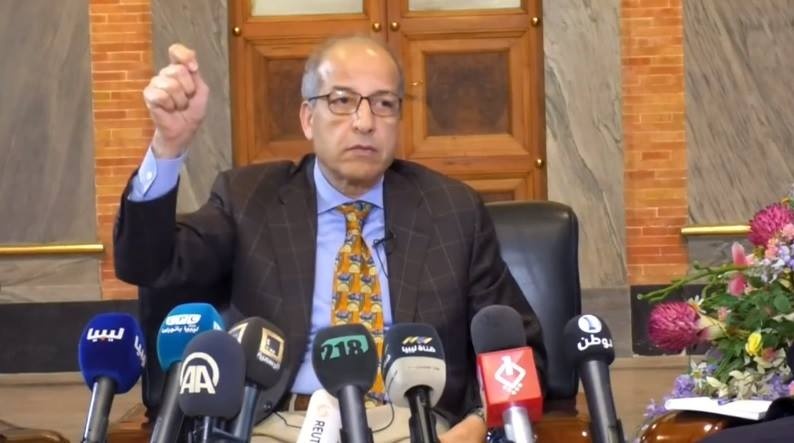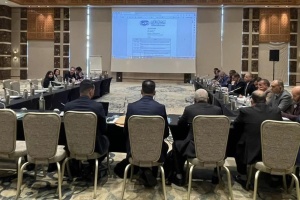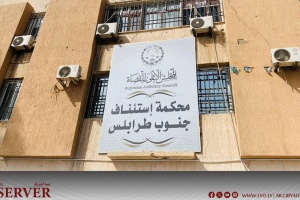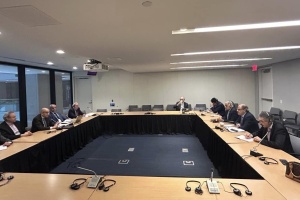The Central Bank of Libya (CBL) has raised the red flag over the Libyan economy, describing the country’s fiscal and economic conditions as “very terrible.”
In a press statement to a group of media figures, the CBL’s Governor, Al-Sidiq Al-Kabeer, said Libya’s budget accumulative deficit hit 200% of the national revenue, adding that the loss of shutting down oil terminals and fields reached 160 billion dollars.
“I call on the executive and legislative authorities in the country to take up responsibility toward the deteriorating Libyan economy.” Al-Kabeer added, displaying a group of financial, commercial and economic reforms to save the country’s economy.
“The research and statistics teams and other experts at the CBL spent five months to come up with these reforms along with consulting economists and financial expertise from all over the country, including House of Representatives and the High Council of State as well as the National Oil Corporation and Presidential Council.” The CBL’s Governor explained.
Research and Statistics Department’s director, meanwhile, said that there many reforming ideas with specified timelines including supporting the NOC to ramp up oil production to 1.5 million bpd, reconsidering the exchange rates of the Libyan dinar against foreign currencies, and reconsidering the subsidies on fuel, which he said are using up foreign currencies’ reserves at the CBL, in addition to rethinking the commercial policies and customs tariffs.
“The exchange rate could be LYD3 to LYD5.75 for $1. It may be changes later after the legislative authorities adopt the reforms and the executive authorities support them.” He indicated.
The Research and Statistics Department’s director said that reforms can be very positive for the budget, which then could be used in rebuilding and development projects, as well as allowing the CBL to be able to help make the new exchange rates stable, remaking that some negative effects of the reforms could include a drop in the purchase capabilities of the “limited-income” citizens.
“But the CBL took those people into account and might reconsider the minimum salary bracket in the country.” He explained.
The CBL Governor indicated that the HoR in Tobruk should approve the reforms bundle as a whole as we are in a very terrible economic and financial condition and “we hereby raise the red flag,” adding that Libya saw the same troubles in 2011, but managed to avoid collapse thanks to a sufficient foreign currency reserve and solidarity among all Libyans.








